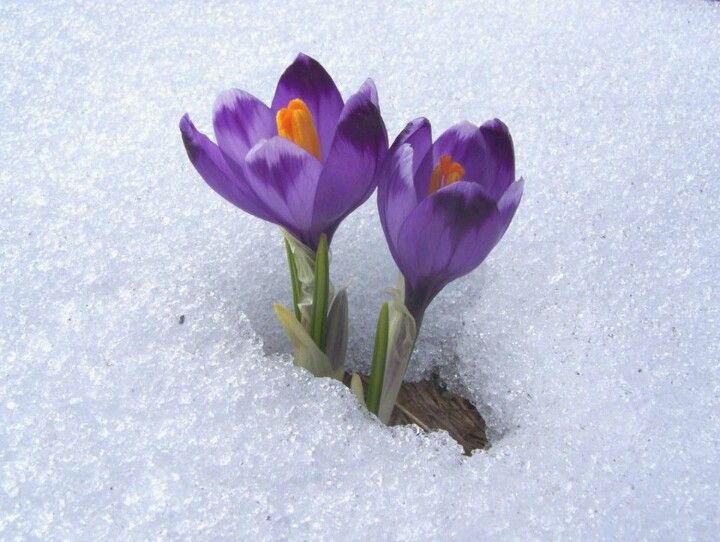Spiritual Sunday
For Advent I have discovered Herman Melville’s Clarel (1876), which at 18,000 lines is America’s longest poem. I’ve only read the epilogue, but I now want to read more as it indicates spiritual wrestling at a deep level.
Melville uses the figure of Clarel to sort through a pilgrimage he undertook to the Holy Land. Like Tennyson in In Memoriam, the poet grapples with faith and doubt and examines attempts to reconcile religion with Darwinian science. According to Melville’s good friend Nathaniel Hawthorne, Melville could
neither believe, nor be comfortable in his unbelief; and he is too honest and courageous not to try to do one or the other. If he were a religious man, he would be one of the most truly religious and reverential; he has a very high and noble nature, and better worth immortality than most of us.
Clarel is returning to Bethlehem after having undertaken an Eliotian Wasteland journey to the Dead Sea. He discovers that the woman he loves has died, which partially accounts for the despair mentioned in the poem’s final stanzas.
His despair also arises from his religious doubts as he wonders whether Darwinism, the culmination of Martin Luther questioning orthodoxy, renders concepts like heaven and hell irrelevant:
If Luther’s day expand to Darwin’s year,
Shall that exclude the hope–foreclose the fear?
The real hell for Melville, however, is not Satan’s realm but a materialistic universe, which he refers to variously as “dust,” “dreary gongs,” and “clod.” In answer to the ancient Sphinx’s eternal question, “What is man?” Despair, uncowed, coldly scrawls a bitter cartoon of death “on that adamantine brow.” Meanwhile bloodied Faith, indignant and defensive, responds by inscribing a cross on the shards of broken burial urns that have spilled their ashes:
Unmoved by all the claims our times avow,
The ancient Sphinx still keeps the porch of shade;
And comes Despair, whom not her calm may cow,
And coldly on that adamantine brow
Scrawls undeterred his bitter pasquinade.
But Faith (who from the scrawl indignant turns)
With blood warm oozing from her wounded trust,
Inscribes even on her shards of broken urns
The sign o’ the cross–the spirit above the dust!
Many in the 19th century hoped that Reason would heal the rift between the material and the spiritual, ape and angel. Melville warns, however, that science attempting to do so will only “aggravate” the feud. He is making a point that Moliere discovered the hard way (see my post) when he attempted to placate Church censors of Tartuffe by adding a character who makes a rational defense of religion. Science can’t function as an umpire, Melville says, because it is party to the debate:
Yea, ape and angel, strife and old debate–
The harps of heaven and dreary gongs of hell;
Science the feud can only aggravate–
No umpire she betwixt the chimes and knell:
The running battle of the star and clod
Shall run forever–if there be no God.
Melville then makes an observation that is also important to Edgar Allan Poe: the more we see the light of reason and science, the darker the shadows grow. If Man is “tantalized” over the prospect of becoming “the spokesman of dumb Nature’s train,” he is also “apprehensive” as the intellectual questioning “ripen[s] us to pain.” A simple faith would be so much easier for those “who in life’s pilgrimage have baffled striven”:
Degrees we know, unknown in days before;
The light is greater, hence the shadow more;
And tantalized and apprehensive Man
Appealing–Wherefore ripen us to pain?
Seems there the spokesman of dumb Nature’s train.
But why should we conclude that materiality is the final reality? As Wendell Berry puts it in Testament,
Why settle
For some know-it-all’s despair
When the dead may dance to the fiddle
Hereafter, for all anyone knows?
Berry instructs, “Let imagination figure your hope,” and Melville appears to have a similar idea:
But through such strange illusions have they passed
Who in life’s pilgrimage have baffled striven–
Even death may prove unreal at the last,
And stoics be astounded into heaven.
Because astounding surprises are possible, the poet tells the heart-broken Clarel to “keep thy heart,” even though he may not yet be resigned to his loss. While he may currently feel beaten by death’s “whelming sea,” he should think of “the crocus budding through the snow” and “a swimmer rising from the deep.” As much as he may want to “hoard and keep” the burning pain that resides within his bosom, he will eventually emerge from the depths, proving “that death but routs life into victory”:
Then keep thy heart, though yet but ill-resigned–
Clarel, thy heart, the issues there but mind;
That like the crocus budding through the snow–
That like a swimmer rising from the deep–
That like a burning secret which doth go
Even from the bosom that would hoard and keep;
Emerge thou mayst from the last whelming sea,
And prove that death but routs life into victory.
I like the verb “routs,” which suggests a battle. In spite of our determination to stay stuck in our sorrow, the invading army of death drives life out of the shadows and into victory. Put another way, the fact of death gives meaning to life, which otherwise would be an interminable succession of events. The poem leaves us with the Advent message that heart triumphs over despair.
The crocus would not be half so miraculous if it did not force itself through the snow.


